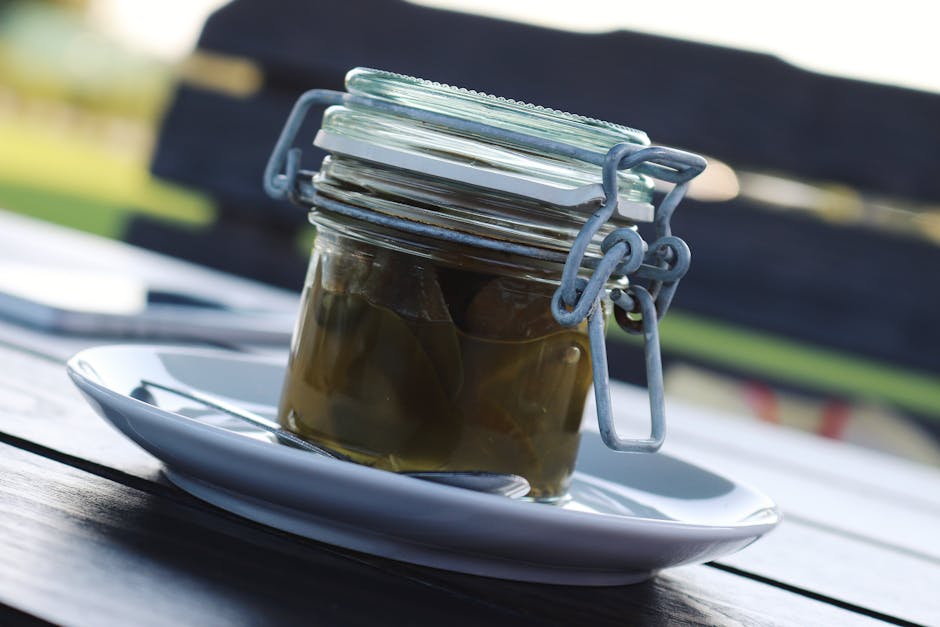Can I Compost Pickles?
Pickles can be composted, but their high salt content requires careful handling to avoid harming your compost pile's microbial activity.


Sourced & Cited
Pickles, those tangy delights, present a unique composting challenge due to their high salt concentration and often acidic nature. Adding them to your compost requires a bit more consideration to ensure a successful decomposition process. Let's explore how best to include them in your home compost system.
Compost Classification
Green (Nitrogen-rich): Pickles, being essentially cucumbers, are naturally high in moisture and nitrogen. Their moist nature contributes to the decomposition process, but the added salt and vinegar significantly alter their behavior in the compost heap.
🏷️ Tags
Important characteristics to know about this item:
Breaks Down Slowly Use in Moderation Pest Attraction Risk Odor Risk
⚠️ Potential Risks
- High salt concentration can inhibit microbial activity, slowing down decomposition.
- The vinegar's acidity may also negatively impact the beneficial microbes essential for composting.
- Excess salt could potentially leach into the soil if the compost isn't properly balanced and cured.
- Attracting unwanted pests if not properly incorporated into the compost pile.
💡 Best Practices
- Chop pickles into small pieces (approximately 1/2 inch) to increase surface area and accelerate decomposition.
- Dilute the salt content by mixing the pickles thoroughly with a large volume of other compost materials (a ratio of 1 part pickles to 4 parts other organic matter is recommended).
- Ensure adequate aeration within your compost pile; pickles require a well-aerated environment to avoid creating anaerobic conditions.
- Consider burying pickles deeply within the compost pile to prevent surface salt accumulation.
Similar Items
Brinedcucumbers Fermentedvegetables Olives Sauerkraut
